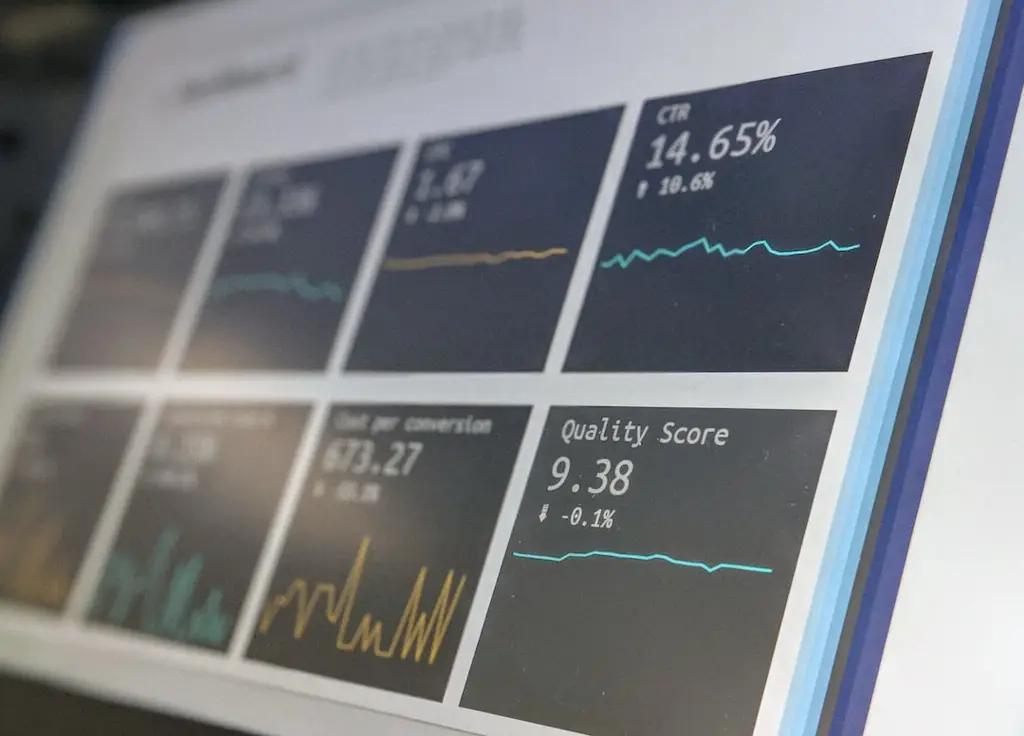Occupation Spotlight: Compensation, Benefits, and Job Analysis Specialists
Compensation, Benefits, and Job Analysis Specialists play a vital role in organizations by ensuring fair and competitive compensation packages, managing employee benefits programs, and conducting thorough evaluations of job positions.
Job Responsibilities
As the job title suggests, Compensation, Benefits, and Job Analysis Specialists are responsible for various aspects related to employee compensation and benefits. Let’s explore some examples of their job responsibilities:
- Conducting detailed job analyses to determine accurate job descriptions and requirements.
- Assessing compensation data, market trends, and industry benchmarks to design and implement competitive salary structures.
- Evaluating employee benefits programs and recommending adjustments to align with organizational goals and industry standards.
- Providing guidance and support in administering employee performance evaluation systems.
- Collaborating with HR professionals and management to develop and revise job classification systems.
- Preparing reports and presentations to communicate findings and recommendations to key stakeholders.
Education and Training
To pursue a career as a Compensation, Benefits, and Job Analysis Specialist, it is essential to acquire the necessary education and training. While specific requirements may vary, most positions typically require at least a bachelor’s degree in human resources, business administration, or a related field.
Additionally, relevant professional certifications, such as the Certified Compensation Professional (CCP) designation offered by WorldatWork, can enhance job prospects and demonstrate expertise in the field.
Progression and Advancement
Within the field of Compensation, Benefits, and Job Analysis, progression and advancement typically involve gaining experience and expertise in various job functions. Professionals may start as entry-level analysts or specialists and gradually move into more senior roles, such as Compensation Managers or Total Rewards Directors.
Advancement can also occur through expanding knowledge in specialized areas. For example, becoming skilled in executive compensation, international compensation, or benefits program management can lead to higher-level positions and increased responsibilities.
Entering the Field
If you are new to the field and aspire to become a Compensation, Benefits, and Job Analysis Specialist, there are several steps you can take to break into the industry:
- Educational Foundation: Obtain a degree in human resources, business administration, or a related field to develop the necessary knowledge base.
- Internships: Seek internship opportunities with organizations or HR departments to gain practical experience and learn about compensation and benefits practices.
- Professional Certifications: Pursue industry certifications, such as the Certified Compensation Professional (CCP), to demonstrate commitment and expertise.
- Networking: Build relationships with professionals in the field through industry events, seminars, and online platforms to stay updated with trends and potential job opportunities.
- Continuous Learning: Stay informed about industry developments, attend workshops or webinars, and engage in self-study to enhance your knowledge and skills.
- Apply for Entry-Level Positions: Look for entry-level or junior positions in compensation, benefits, or HR departments to gain practical experience and start your career.
Occupation: Compensation, Benefits, and Job Analysis Specialists
| Geography | Pay Structure | Job Level | Salary Range | Average Salary |
|---|---|---|---|---|
| US National Average | All workers | Level 09 | $85,280.00 – $72,924.80 | $79,102.40 |
| US National Average | All workers | Not able to be leveled | $76,419.20 – $72,945.60 | $74,682.40 |
| US National Average | Nonunion | All levels | $74,422.40 – $72,321.60 | $73,372 |
| US National Average | Full-time | All levels | $77,916.80 – $73,216.00 | $75,566.40 |
| US National Average | Full-time | Level 09 | $85,280.00 – $72,945.60 | $79,112.80 |
| US National Average | Full-time | Not able to be leveled | $79,747.20 – $73,444.80 | $76,596 |
| US National Average | Time-based pay | All levels | $75,400.00 – $71,552.00 | $73,476 |
| Boulder, CO | Time-based pay | All levels | $116,334.40 | N/A |
| West Virginia | Time-based pay | All levels | $50,003.20 – $42,452.80 | $46,228 |
Effects of Unions on Compensation, Benefits, and Job Analysis Specialists
The data provided does not include specific salary information for unionized compensation, benefits, and job analysis specialists. However, the data shows that the average salary for nonunion workers in this occupation is slightly lower than the overall national average. This suggests that unions may have a positive effect on the compensation levels of these specialists, potentially leading to higher salaries and better benefits for unionized workers in this field.
Summary
Compensation, Benefits, and Job Analysis Specialists play a crucial role in organizations by ensuring fair compensation packages, managing employee benefits, and conducting job evaluations. To enter this field, individuals should have a bachelor’s degree in human resources or a related field. Professional certifications, such as the Certified Compensation Professional (CCP) designation, can also enhance job prospects. Progression and advancement in this field involve gaining experience, expertise, and specialized knowledge. The average salary for nonunion workers in this occupation is slightly lower than the national average, indicating that unions may positively impact compensation levels and benefits for workers in this field.












